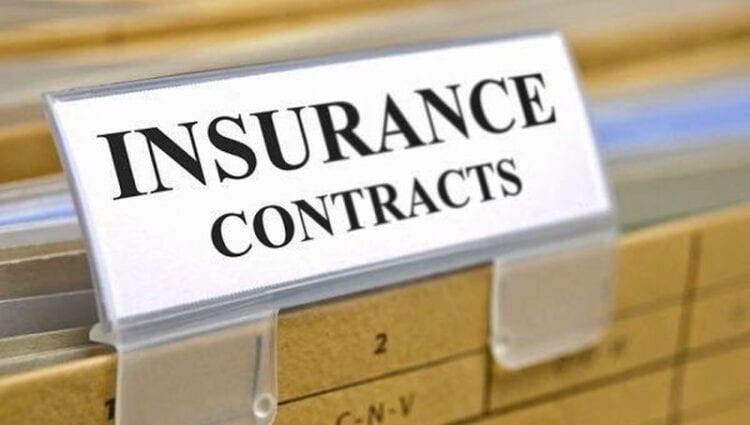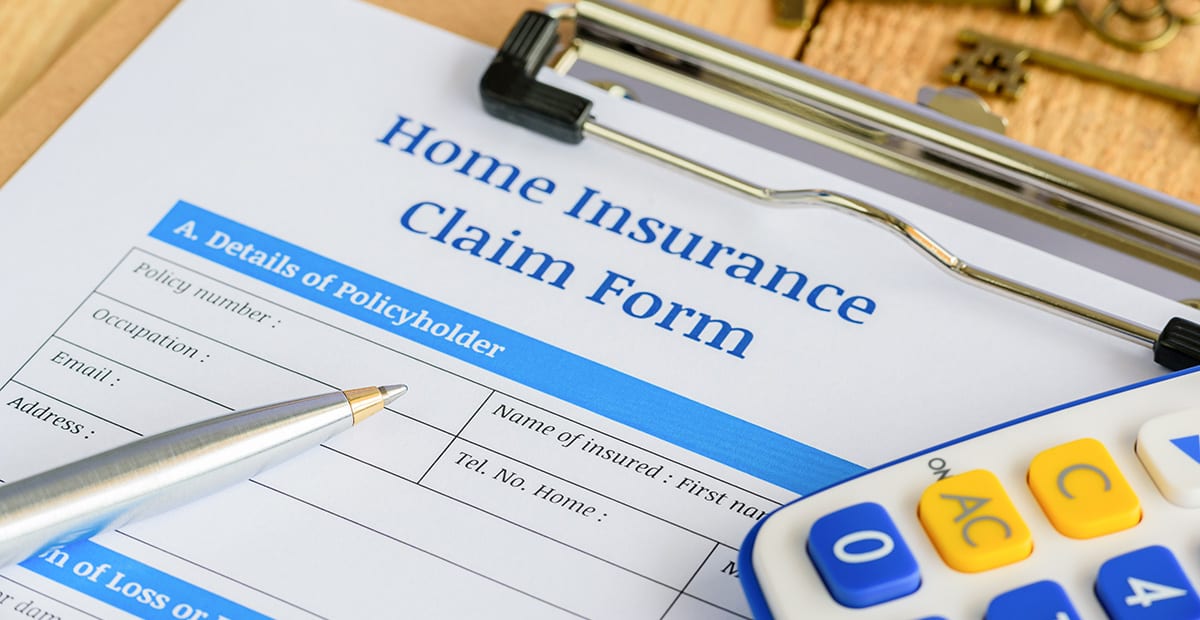All you are looking for when you buy a homeowner’s insurance coverage is a little peace of mind. Think of how you would feel if, after spending hundreds of dollars or even more (perhaps for years with the same company), the insurance company denies your claim.
Denial of a claim for your damaged house can cause complications, especially if you do not have ready cash to pay for the repairs. You are completely within your rights to contest the denial of your claim. Follow the steps below to know how you can build a compelling case against a denied claim or you can reach out to Friedman & Associates Public Adjusters for help.
1. Review the Claim

Insurance contracts can be tough to understand and packed with jargon. Try to get past the technical language and find out the reasons listed for the denial. If you still cannot fathom the reason, you should call the insurer and demand to know. They are legally bound to give you the reasons behind the rejection of your claim.
2. Know Your Policy
Insurance policies are iron-clad contracts with everything spelled out in detail. This includes your rights and all possible reasons for clearing or denying a claim.
Go back to your policy document and review it thoroughly. Review what your rights are under the policy. Try to find out the minimum and maximum limits of your coverage. Also, look for a filing error or a discrepancy. Sometimes a mistake or misunderstanding on the insurer’s part can lead to denied coverage.
3. Gather Information
If you come across any discrepancies, the next step is to file an appeal. You will need to collect evidence to back up your appeal. This is the type of information you will need to gather.
- Collect full facts about the incident in detail. This includes the exact timeline, steps taken for prevention, extent of the loss, and any related circumstances.
- Click photographs of the damage.
- Collect records of any home-safety apparatus purchased by you (fire alarms or security systems).
- Find anyone who witnessed the incident and may speak for you.
- Keep a record of all your correspondence with the insurance company.
- Gather evidence to show that you are a responsible homeowner and there has been no negligence on your part.
4. Seek an Appraisal

If you are not satisfied with your insurer’s evaluation of your property and the extent of loss, ask for an independent second opinion. Most insurance policies have provisions that allow you to make such a request.
5. File an Appeal
If you have sufficient reason to believe that the denial of your claim was without reason, you can file an appeal directly with the insurance company. An appeal does not guarantee a change in the insurance company’s decision, but it is worth a try. If you decide to file an appeal, it will help to have a professional with experience and expertise who can represent you.
6. File a Complaint
If your insurance company denies the appeal, your only recourse is to file a complaint with the state’s insurance board. They will then investigate your denied claim.
7. Select a Seasoned Public Adjuster

The first thing a policyholder needs to do before hiring a public adjuster is to check whether they can practice legally. Public adjusters need a license in each state they want to practice in.
The license is a vital yardstick of an adjuster’s knowledge and expertise. Beware of working with anyone who claims to provide adjustment services without a license.
Frequently Asked Questions
Do I need a public insurance adjuster?
Typically, the insurance company sends a professional adjuster to evaluate the damage. But this adjuster is there to take care of the insurer’s interests and not yours.
On the other hand, a public adjuster works on your side and looks after your interests throughout the duration of the claim process. The entire claim process can prove to be arduous and long-drawn. You will feel thankful for having an expert represent you.

Will my adjuster handle my claim personally?
Ideally, you would want one adjuster who works with you throughout the duration of your case. But when you hire an adjustment firm there might be more than one adjuster working with you.
Some firms might have one adjuster doing an estimate while another following up and analyzing the claim. This is not such a bad thing as different adjusters working for the firm might have expertise in different aspects of the case.
Is my public adjuster experienced enough?
As a policyholder, you need to seek out an experienced adjuster who can handle the complexities of your claim. Find out if they have prior experience of working with your insurer and the type of claims they have handled.
Ask your friends and colleagues for references, check the information available on the adjuster’s website, and meet them personally, before deciding.
Benefits of Hiring a Public Adjuster

Some of the benefits of hiring a public adjuster are:
Protects Your Rights
It is an advantage to have an expert on your side who can take the fight to the insurer if the need arises. An experienced public adjuster understands you as well as the insurer’s expectations and knows how to handle them.
In the long and hard appeal process involving loads of documentation, a professional public adjuster gives priority to your interests and rights as a policyholder.
Saves Your Time
The endless need for documentation and information from the insurer can take a toll on your time and energy. A public adjuster helps in managing your appeal while you can take care of other priorities.
Provides Expertise
An insurance policy contract is a very complex and technical document. There is much scope for misinterpretation or the chance of missing some important information.
It helps to have someone who is familiar with the technical and legal aspects of the claim. You will need expert guidance in all the procedural issues to fight your appeal.

Expedites Your Claim
A professional public adjuster has a thorough understanding of the entire process, from organizing the claim to processing the paperwork. This helps expedite the complex claim process.
It is common for insurance companies to deny claims. Sometimes, it can be just a simple filing error or an inadvertent mistake. In all this, it is unfair if you end up losing for very little or no fault of yours. If your homeowner’s insurance has been rejected or reduced, you should consider hiring the services of an experienced and reliable public adjuster, such as Friedman & Associates.

